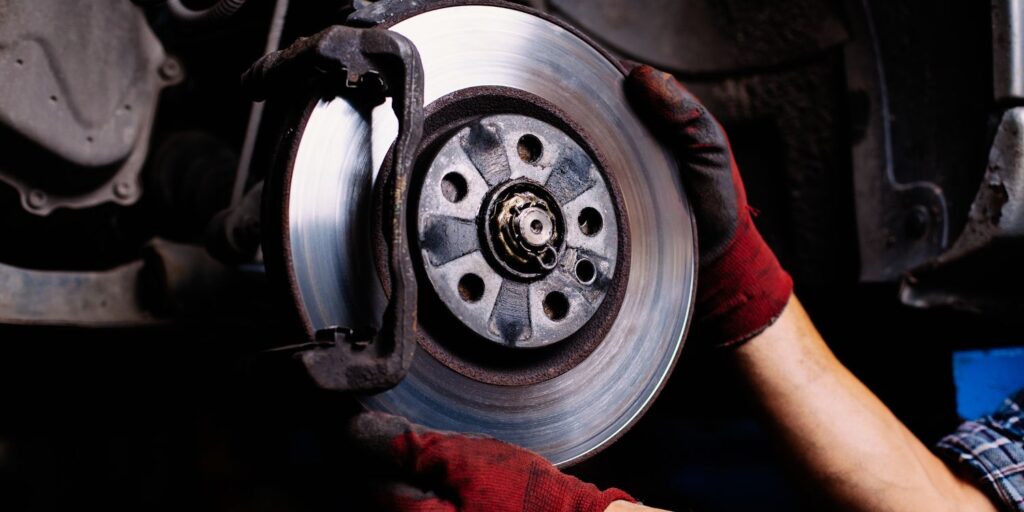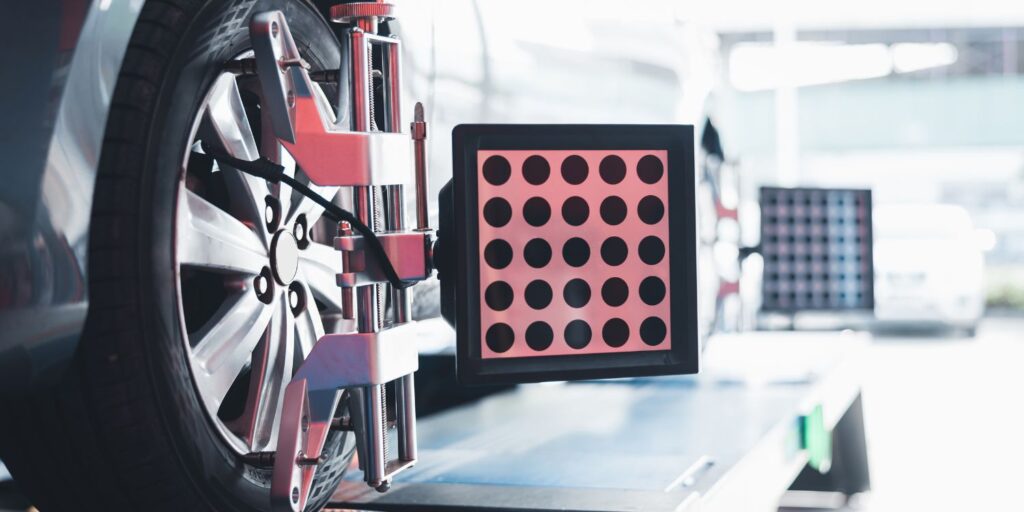Feeling your car shake while driving can be concerning. There are some reasons your car might be shaking, and understanding these causes can help you promptly address the issue.
From simple fixes to more complex problems, diagnosing the root cause of the shaking is key to restoring a smooth and safe driving experience.
In this article, I will explore the common causes of car shaking, ranging from minor issues like unbalanced tires to more serious problems like engine or transmission issues.
I will also discuss the potential solutions for each cause, helping you identify the best course of action to resolve the shaking and confidently get back on the road.
Top 5 Reasons Why Your Car Shake?
Below are the top 5 reasons why your car might Shake:
Engine Problems
Engine issues are a common culprit behind car shaking, especially if the shaking is most pronounced when your car is idling at a stoplight or parked. Here are some possible causes within the engine compartment:
Faulty Spark Plugs
Over time, spark plugs wear out and become less effective at igniting the air-fuel mixture in the engine’s cylinders. This incomplete combustion can cause vibrations you’ll feel when you are idle.
Spark plugs are a routine maintenance item and are typically affordable to replace.
Engine Misfire
A misfire occurs when one or more cylinders aren’t firing properly. This can be caused by faulty spark plugs, failing ignition coils that deliver the spark, or clogged fuel injectors that prevent proper fuel delivery.
A mechanic can diagnose the specific cause of the misfire and recommend repairs.
Worn Engine Mounts
Engine mounts are the rubber components that hold the engine securely in place within the engine bay.
Over time, these mounts can wear out and crack, allowing the engine to move excessively, translating to shaking at idle. Replacing worn engine mounts can restore a smooth idle.
Brake Problems
While less frequent than engine issues, brake problems can also cause a shaking sensation. Here’s a common culprit

Warped Brake Rotors
Brake rotors are the discs the brake pads clamp onto to slow the car down. Overheating or uneven wear can cause these rotors to warp, leading to a pulsating shaking sensation in the steering wheel when you apply the brakes.
Replacing warped rotors is typically necessary to restore smooth braking.
Axle Problems
Axles are the rods that connect your wheels and allow them to spin. Damage to an axle can cause shaking. Here’s what to watch out for:
Bent Axle
Hitting a curb or pothole can bend an axle. A bent axle can cause shaking at all speeds, but it typically becomes more pronounced at higher speeds. Replacing a bent axle is necessary to ensure safe driving.
You might be interested in How Many Axles Does a Car Have?
Wheel Problems
Issues with your wheels can also lead to a car shaking sensation. Here are two possibilities:
Imbalanced Wheels
Tires can lose their balance over time due to uneven wear or internal damage. This imbalance can cause a shaking sensation at higher speeds. Getting your tires balanced is a routine service that can eliminate this issue.

Bent Wheels
As mentioned earlier, hitting a curb or pothole can also bend a wheel. A bent wheel can cause shaking at all speeds, but it typically becomes more pronounced at higher speeds. Sometimes, bent wheels can be repaired, while others may need replacement.
Tires
Tires are another frequent contributor to car shaking. Here’s how tire issues can manifest as shaking
Uneven Tire Wear
Uneven tire wear patterns, such as cupping or scalloping, can also lead to shaking. This can be caused by improper tire inflation, worn suspension components, or misalignment.
Regular tire inspections can help identify uneven wear patterns early on. Depending on the severity of the wear, a tire rotation, alignment, or replacement might be necessary.
Low Tire Pressure
Underinflated tires can also cause a shaky feeling, especially at higher speeds. Maintaining proper tire pressure as the manufacturer recommends (information typically found on a sticker inside the driver’s door jamb) is crucial for safety and optimal performance.
Read more about 10 Easy Ways to Keep Your Tires in Good Shape.
What To Do If Your Car Shakes
If your car is shaking, getting it checked out by a qualified mechanic as soon as possible is important.
Early diagnosis and repair can prevent minor issues from becoming more expensive. Here are some tips:
Describe the Shaking in Detail
When you take your car to a mechanic, be as detailed as possible about the shaking sensation. Note when it occurs (idling, accelerating, high speeds), where you feel it (steering wheel, seat, whole car), and if there are any accompanying noises.
Visual Inspection
You can do a quick visual inspection of your tires for any uneven wear or damage. Check the tire pressure and ensure it matches the manufacturer’s recommendations.
Conclusion
By understanding the causes of car shaking and its symptoms, you can be more informed when your car starts to shimmy.
Remember, early diagnosis and repair can prevent minor issues from becoming more expensive.
If you’re experiencing car shaking, consult a qualified mechanic to pinpoint the cause and get the right repairs done.




